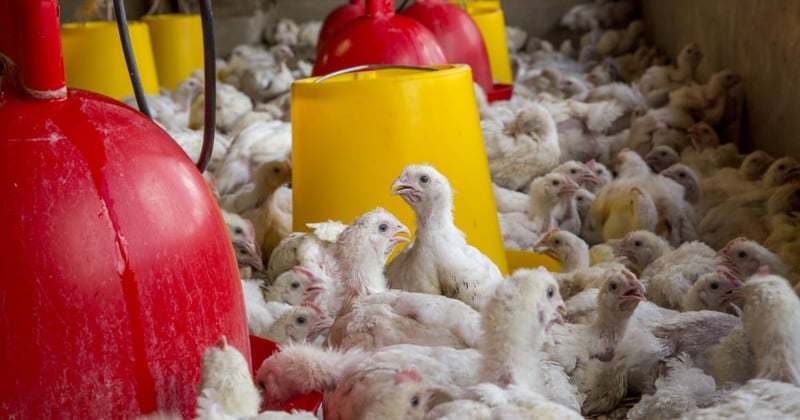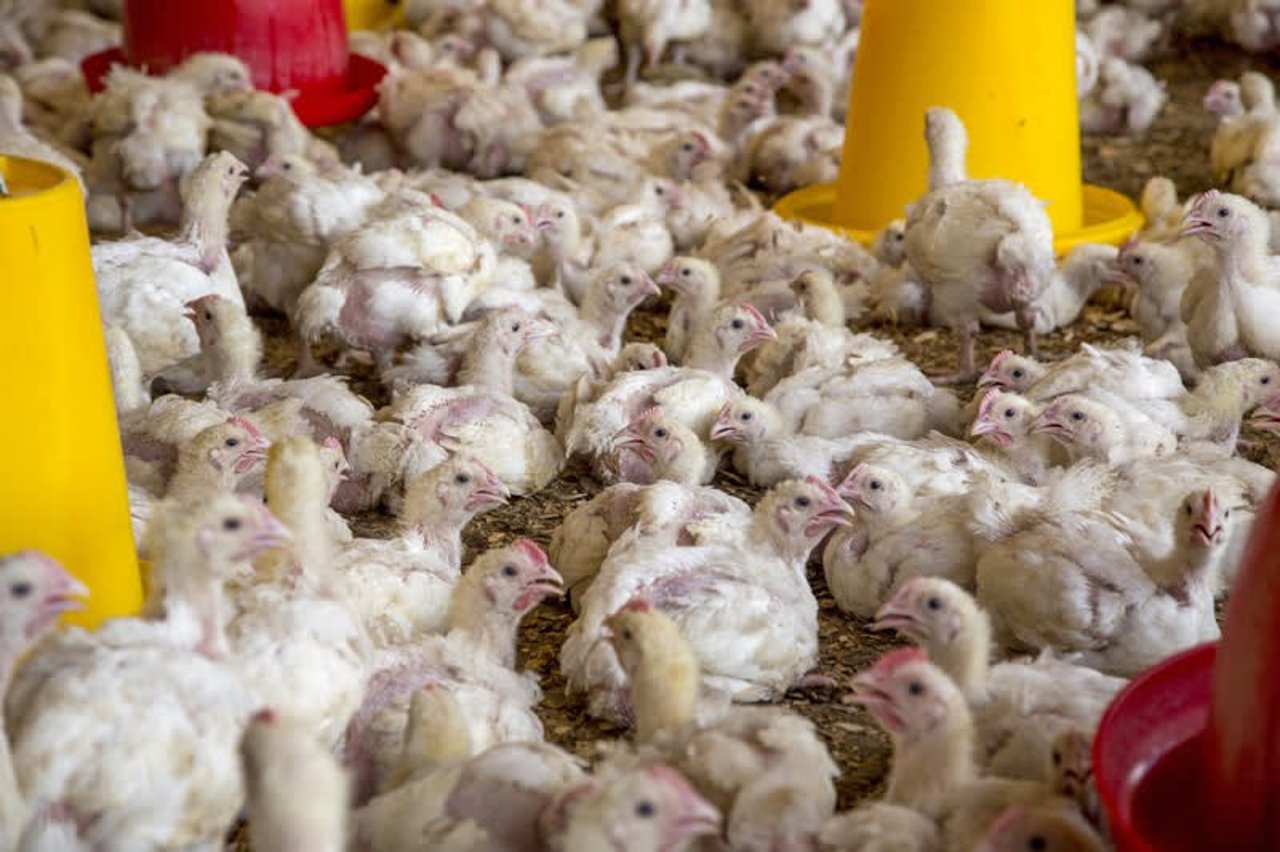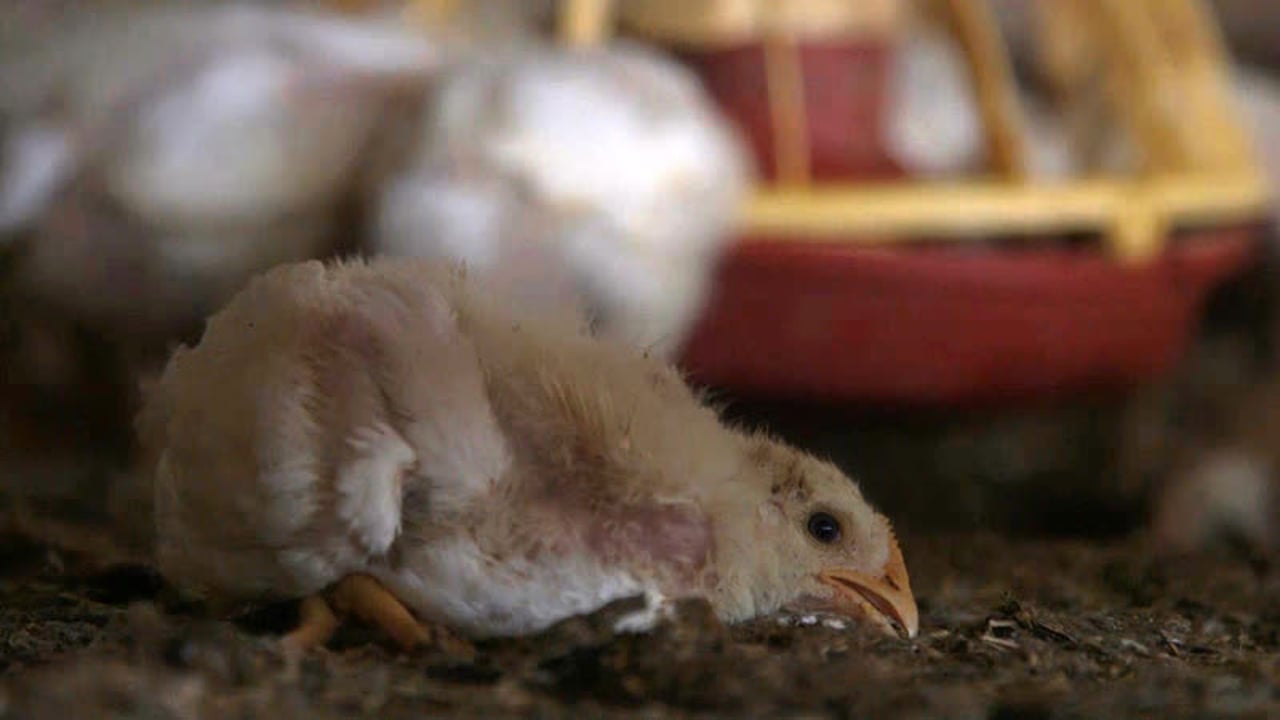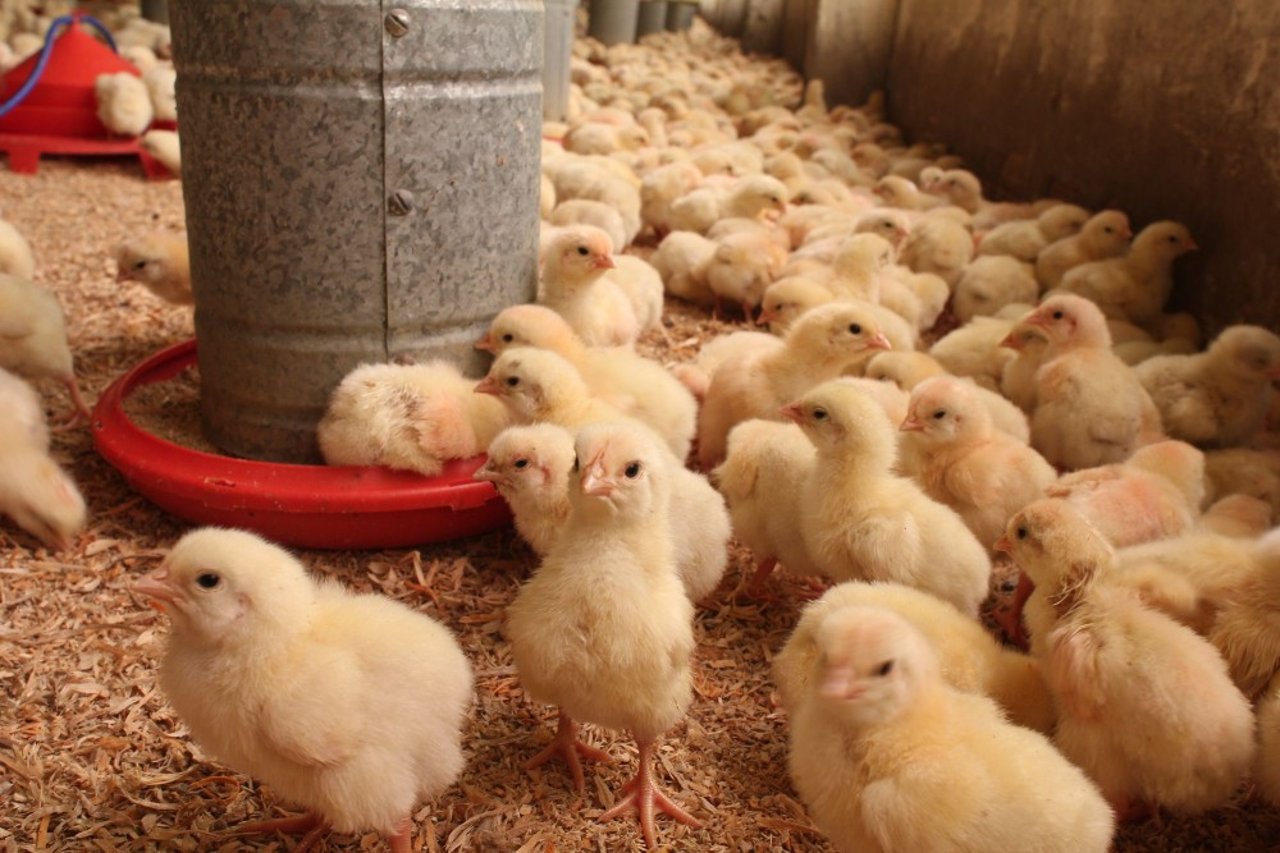
Many headlines across Britain have discussed the direction in which the nation’s meat standards will go post Brexit. Will their standards become better or worse? Let's examine.
You may have heard the phrase “chlorinated chicken” in the news recently, connected to the UK and Brexit.
Brexit has highlighted numerous aspects of global governance and society, many of which relate to how we treat animals used for food.
Many headlines across Britain have discussed the direction in which the nation’s meat standards will go after the March 29th split from the European Union.
Will they become better or worse?
As it stands, EU requirements are much higher than those in the US (in that they have legal standards and we do not, especially when it comes to broiler chicken welfare), and “chlorine-washed chicken” is a hot phrase as discussions over importing US meat have begun.
In the UK, protestors even gathered outside the Conservative party conference to express their distaste for this chicken.
Chlorine-washed chicken is the number one post-Brexit food safety concern for citizens. UK Consumers have greater access to the truth about their food, while in the US, companies continually resist putting relevant information about how animals are raised and processed on meat and poultry labels.
Even Meghan Markle, now Britain’s Duchess of Sussex and a known animal advocate, weighed in.
She expressed her fears about the American industrial food system, discussing how “badly wrong” it is.
Although the chlorine itself doesn’t pose a health risk to consumers, the reasons it is used to begin with are cause for alarm.
The product is banned from entering the EU because of animal health and welfare concerns—chlorine washing after slaughter is thought to be used as a crutch, making up for poor management practices throughout the birds’ lives.
And, ironically, even though 72% of commercial carcass processing plants use chlorine as a sanitizer during immersion-chilling of carcasses, the wash often fails to kill the most dangerous germs.
US Ambassador to the UK, Woody Johnson, calls chlorine washing chicken a “public safety no-brainer,” claiming it prevents the spread of Salmonella and Campylobacter, important food-borne bacteria.
However, microbiologists found that Listeria and Salmonella are often completely active after the wash, anyway.
For a little more context, the amount of chlorine used in chicken carcass washes is up to 50 ppm—chlorine in pools is around 2 ppm—but according to laboratory tests, dosages of 100 to 150 ppm chlorine were required to reduce the number of bacteria by at least 99% within three to five minutes.
During their lives on factory farms, birds often stand in unclean litter, which covers the floor of the barns they’re packed onto with tens of thousands of their brethren.
Many farms go months without changing it out, and the litter gets more and more filled with the chickens’ feces and urine, where bacteria thrive.
The birds are also bred to grow so quickly that they spend all day sitting, as their legs are unable to support their body weight.
They sit and stew in their waste, which often leads to painful skin burns and lesions, which have been associated with higher levels of Campylobacter.
One way to help prevent the spread of these bacteria is to use better animal welfare practices.
On the issue of food safety throughout the process of production, Kath Dalmeny, the CEO of a British food and farming pressure group, said,
“Proper food safety relies on clean production methods with high animal welfare, resilience to disease, and full traceability and labelling – not just end-of-pipe chemical washes.”
We couldn’t put it better ourselves.
According to the president of the UK National Farmer’s Union, the chlorinated chicken may be safe to eat, but welfare and environmental protection standards should be the focus of conversation. In the UK—and not in the US—windows in chicken barns are required, allowing for access to natural sunlight and ventilation, and it is required that barns be cleaned out between flocks.
The UK’s former agriculture minister George Eustice, a Brexit supporter himself, took a stand against chlorinated chicken in an op-ed in The Guardian.
He mentions that US “livestock sectors often suffer from poor husbandry, which leads to more prevalence of disease and a greater reliance on antibiotics,” making them “more inclined to simply treat contamination of its meat at the end with a chlorine or similar wash.”
Eustice points out that “the greatest difference between the British and US systems of farming is their attitudes to animal welfare.”
But he concludes by stating that US consumers have begun flexing their muscles to drive change, especially from major food companies, like those scored in our Pecking Order report.


